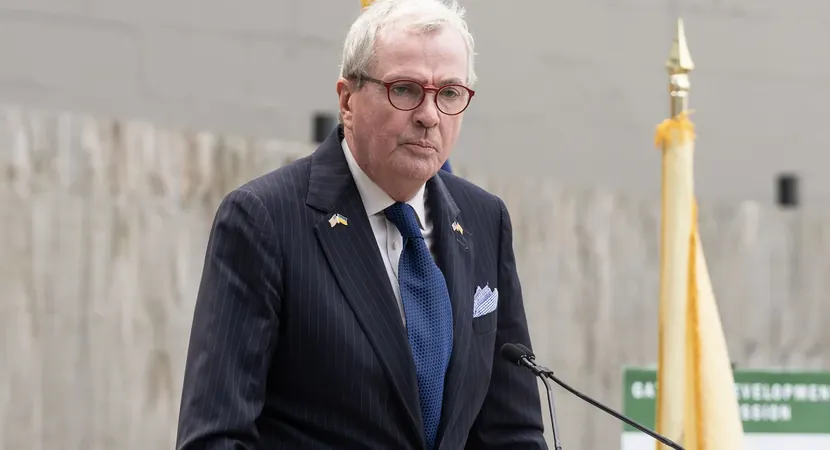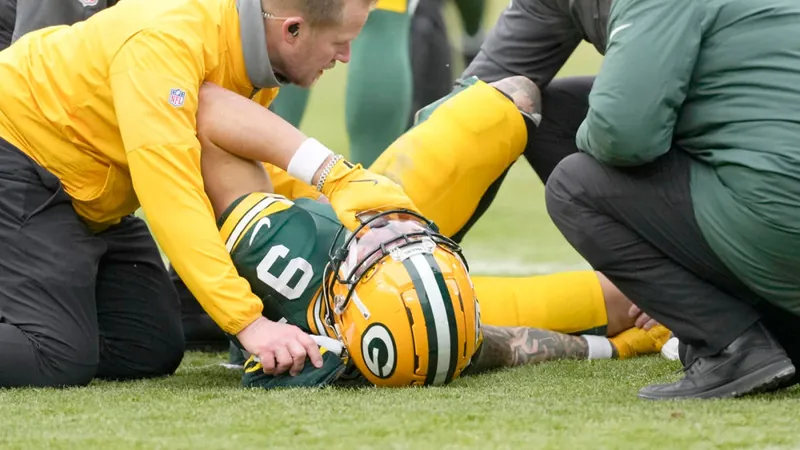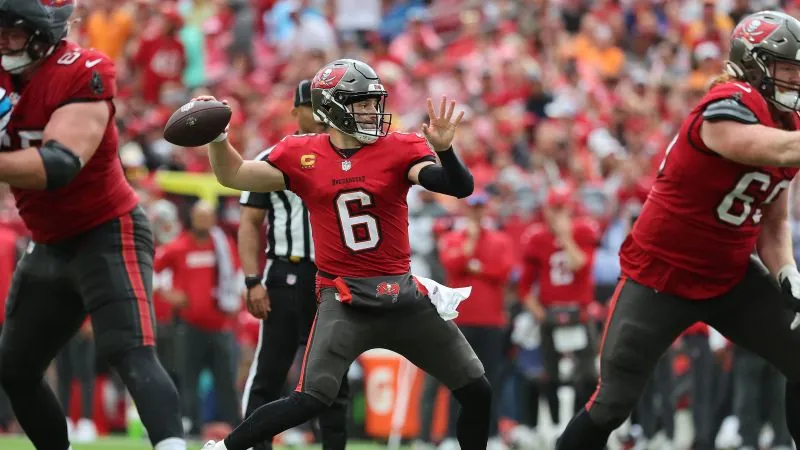
New Jersey Launches Legal Battle to Halt Manhattan's Congestion Pricing Before Sunday Start
2025-01-01
Author: Ying
New Jersey's Legal Challenge
In a dramatic turn of events just days before the implementation of New York City’s congestion pricing program, New Jersey is intensifying its legal efforts to block the initiative aimed at reducing traffic in Manhattan. Set to go into effect on Sunday, the plan will impose tolls on drivers entering Manhattan below 60th Street.
Urgent Court Request
Late Tuesday, an attorney representing New Jersey Governor Phil Murphy submitted an urgent court request to prevent the Metropolitan Transportation Authority (MTA) from activating its automated toll cameras. Randy Mastro, the attorney in question, argued that a recent ruling by U.S. Senior Judge Leo Gordon bluntly undermines the MTA's authority to move forward without completing a thorough federal review process mandated by the judge.
Judge's Ruling
Judge Gordon had previously ordered the MTA and the Federal Highway Administration (FHWA) to provide further clarification on specific elements of the congestion pricing plan. Mastro contended that, without clear federal approval, New York's implementation of this unprecedented toll could be legally unfounded, emphasizing, “To permit the MTA to move forward with this nation’s first-of-its-kind congestion pricing scheme would be fundamentally inconsistent with federal appeals law.”
Hearing and Tensions
The anticipated hearing regarding New Jersey’s request is set for Friday, as tensions rise between the two neighboring states, both led by Democratic governors. Historically aligned on numerous issues, the prolonged legal conflict reveals underlying disagreements over a policy designed to alleviate congestion and lower emissions in New York City.
Economic Concerns
While New Jersey contends that the measure threatens to economically burden its commuters and negatively impact surrounding communities, proponents—including New York Governor Kathy Hochul and MTA Chair Janno Lieber—argue that the congestion pricing plan is vital for improving public transit infrastructure and generating billions in revenue.
Toll Details
The MTA is poised to implement the tolls, which will amount to $9 for passenger vehicles during peak hours—5 a.m. to 9 p.m. on weekdays and 9 a.m. to 9 p.m. on weekends. After hours, the fee reduces to $2.25. Commercial vehicles will face higher charges, while motorcycles will be subject to tolls of $4.50 during peak periods and $1.05 overnight.
Criticism and Concerns
Critics warn that the program could merely shift traffic congestion to neighborhoods outside the Central Business District, raising concerns about its broader impact. Notably, Judge Gordon's ruling called for more transparency regarding mitigation plans that disproportionately fund traffic alleviation measures in the Bronx compared to New Jersey.
Looking Ahead
As the clock ticks down to the planned launch, all eyes will be on the courtroom showdown this Friday. Will New Jersey succeed in halting this landmark program, or is congestion pricing destined to redefine New York City’s transit landscape? Stay tuned as we bring you the latest developments!



 Brasil (PT)
Brasil (PT)
 Canada (EN)
Canada (EN)
 Chile (ES)
Chile (ES)
 Česko (CS)
Česko (CS)
 대한민국 (KO)
대한민국 (KO)
 España (ES)
España (ES)
 France (FR)
France (FR)
 Hong Kong (EN)
Hong Kong (EN)
 Italia (IT)
Italia (IT)
 日本 (JA)
日本 (JA)
 Magyarország (HU)
Magyarország (HU)
 Norge (NO)
Norge (NO)
 Polska (PL)
Polska (PL)
 Schweiz (DE)
Schweiz (DE)
 Singapore (EN)
Singapore (EN)
 Sverige (SV)
Sverige (SV)
 Suomi (FI)
Suomi (FI)
 Türkiye (TR)
Türkiye (TR)